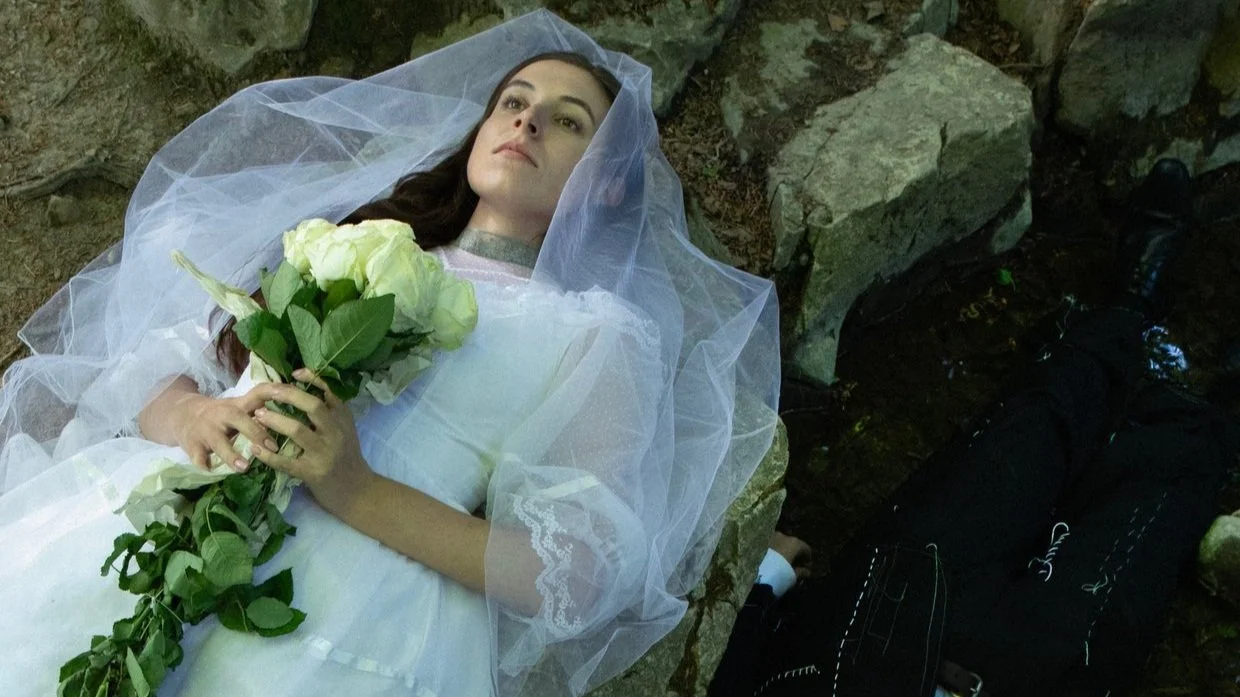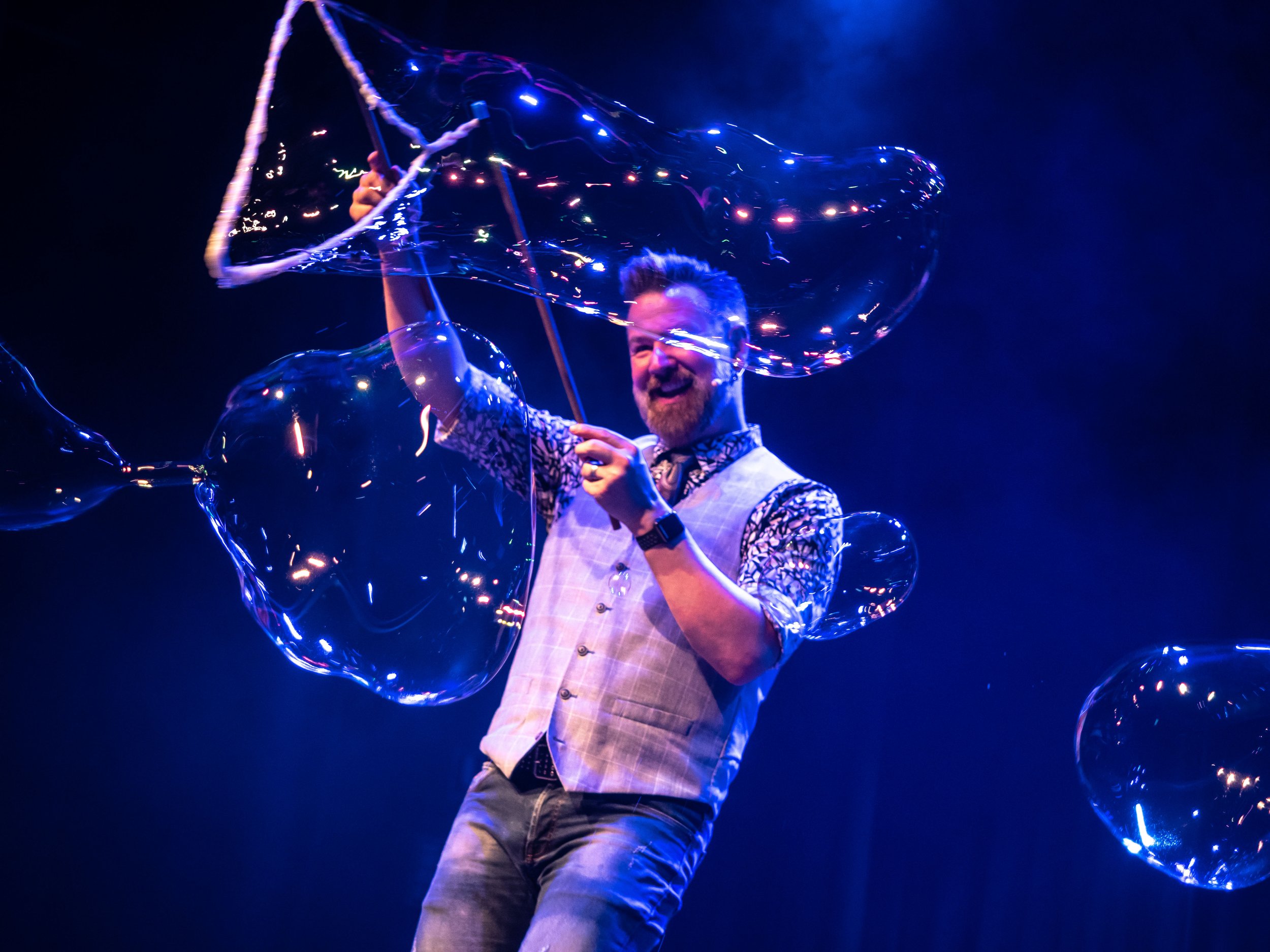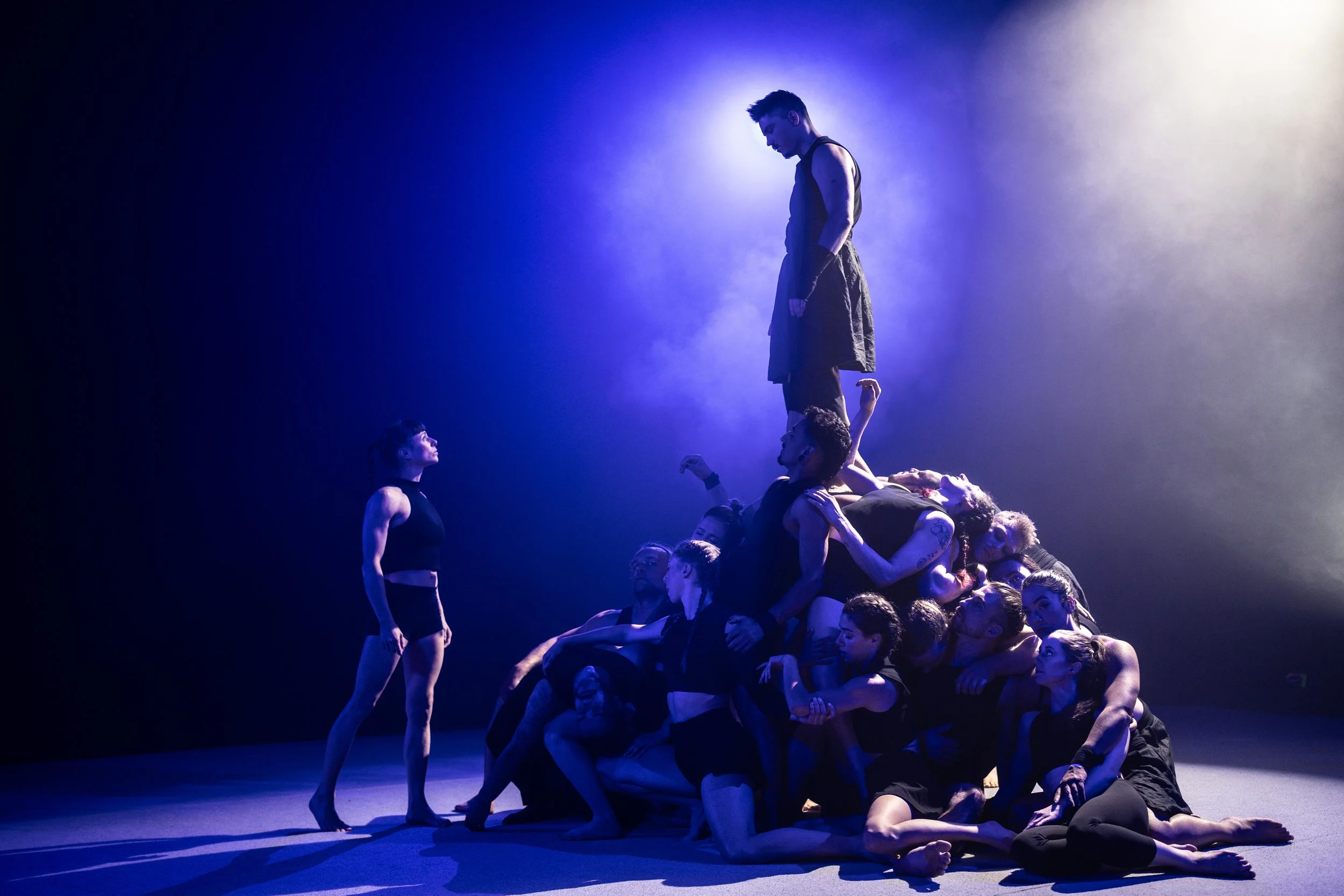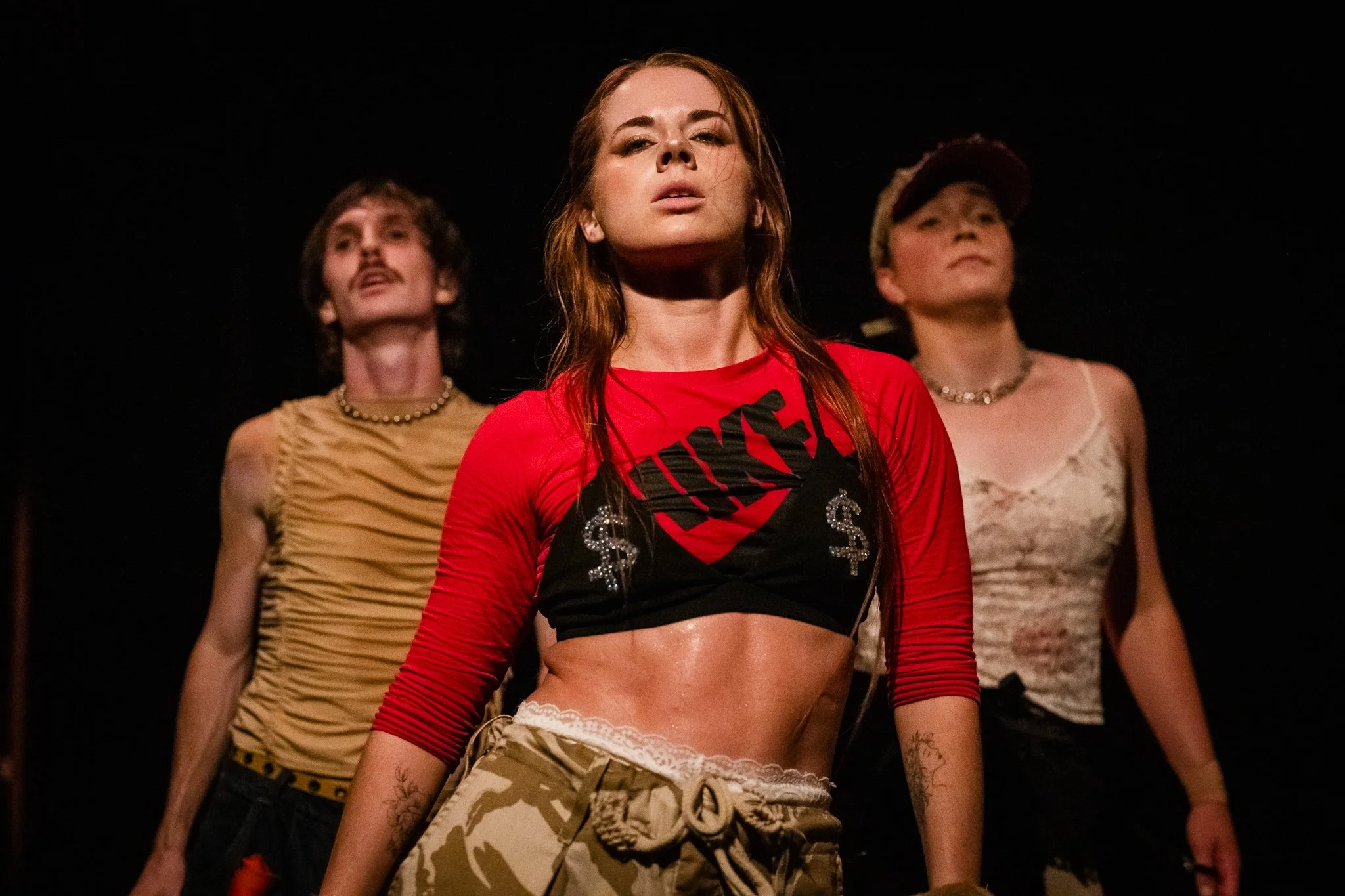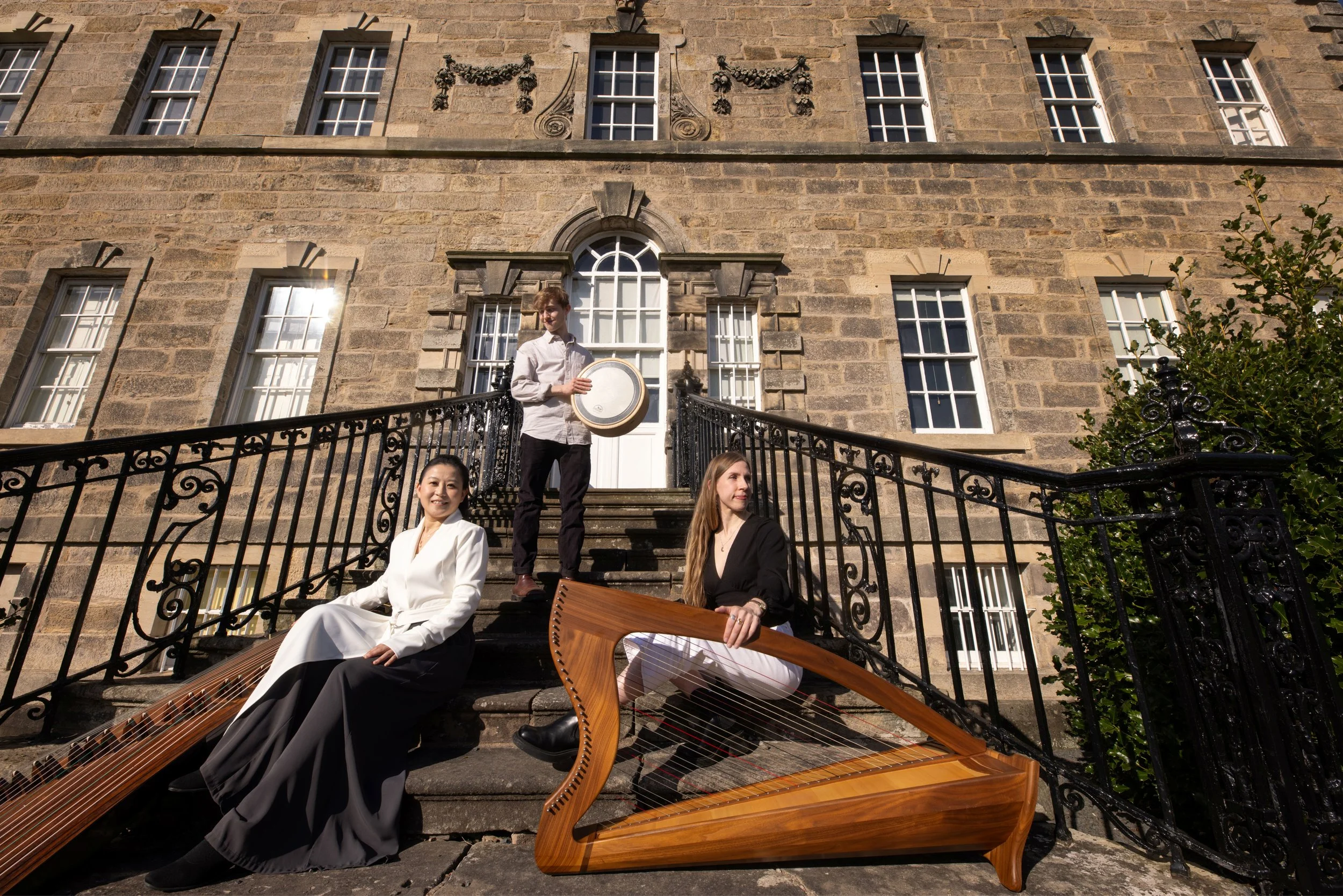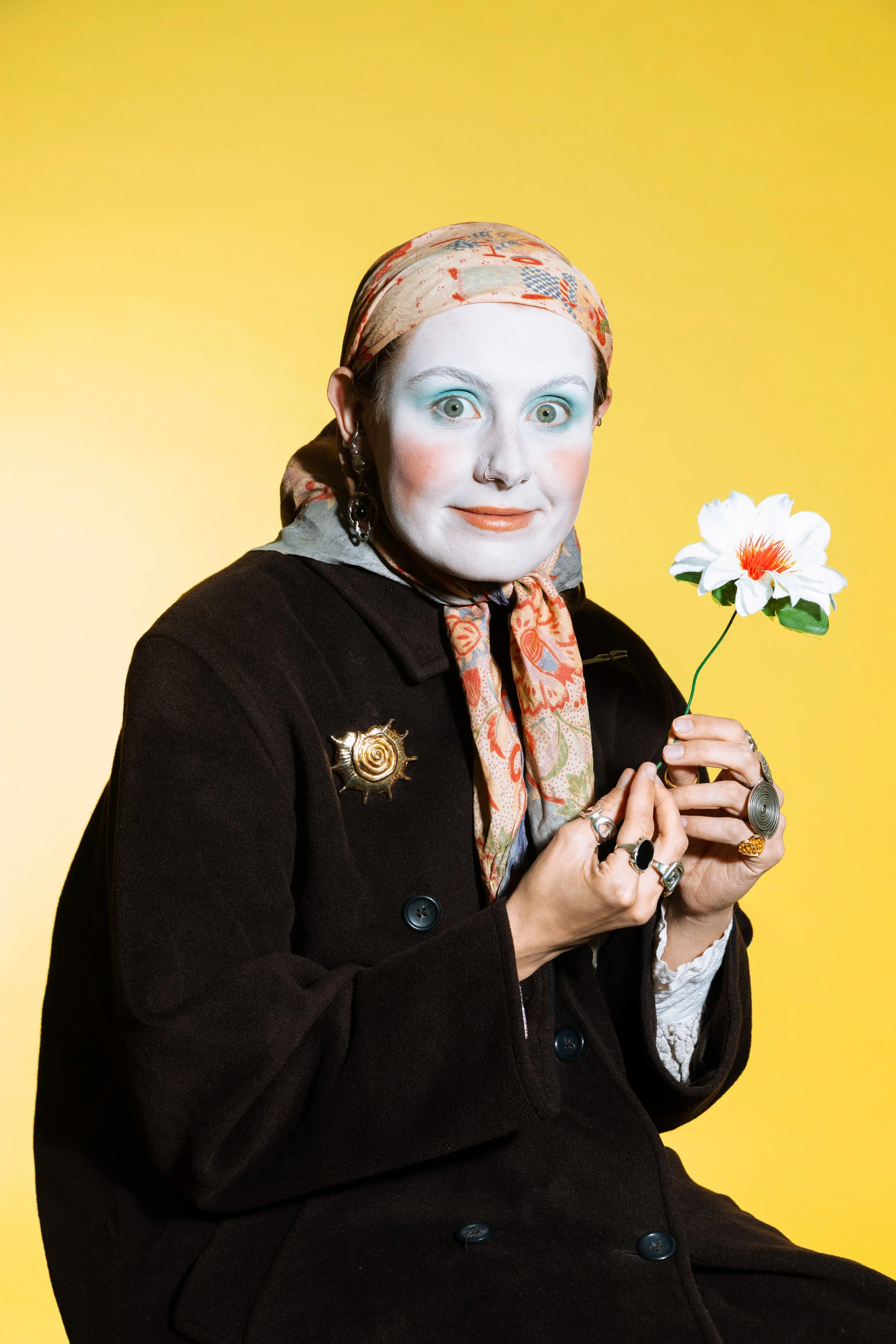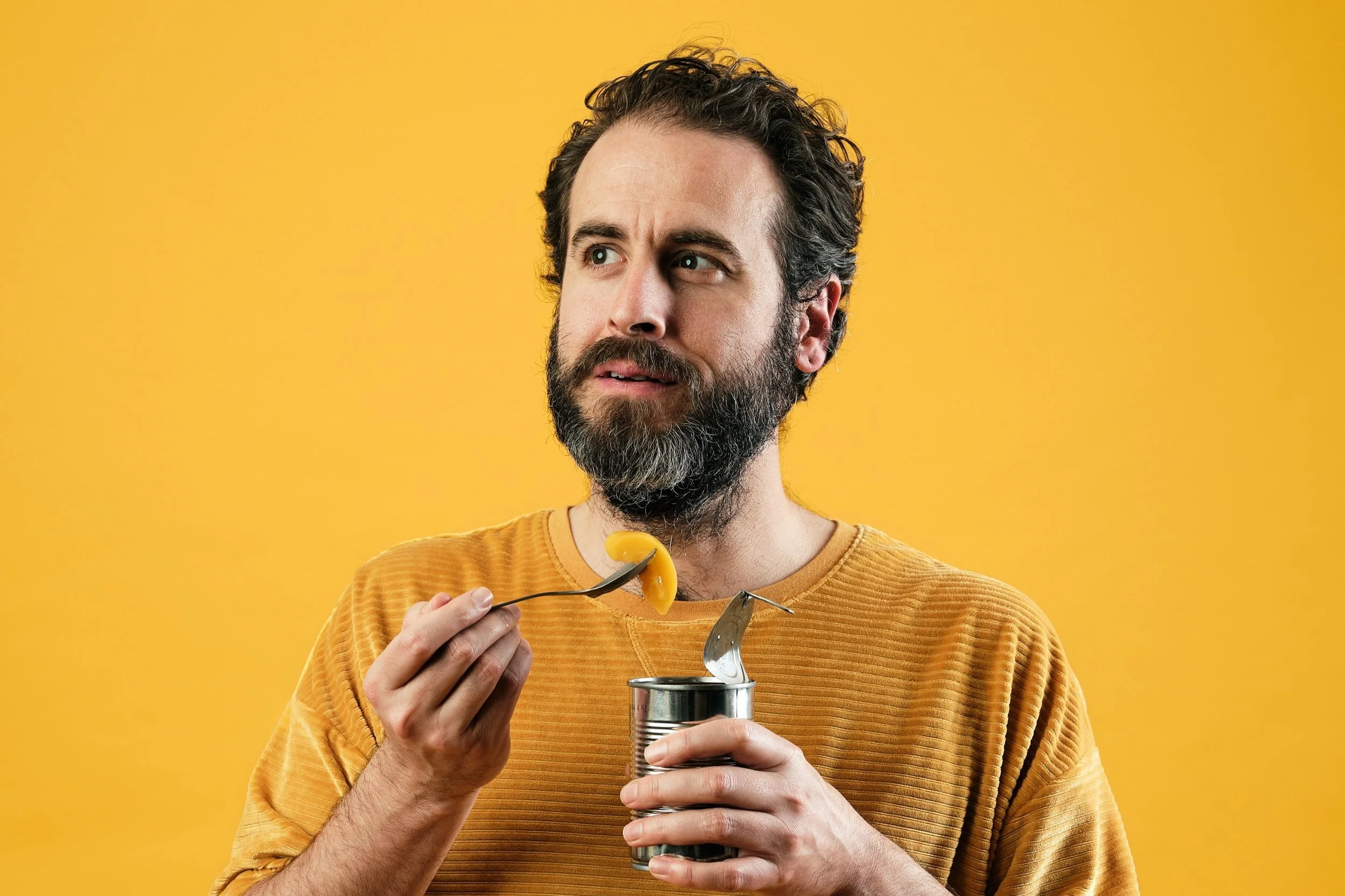Edinburgh Fringe Chats (#24): Mojola Akinyemi, CARA AND KELLY ARE BEST FRIENDS FOREVER FOR LIFE
Conducted by Emmie for Theatre and Tonic
As anticipation builds for the Edinburgh Festival Fringe 2025, we’re catching up with a range of exciting creatives preparing to bring their work to the world’s largest arts festival this August. In this series, we delve into the stories behind the shows, the inspiration driving the artists, and what audiences can expect.
Today we’re joined by Mojola Akinyemi to chat about Cara and Kelly Are Best Friends Forever For Life.
1. Can you begin by telling us about your show and what inspired it?
Our show is called ‘Cara and Kelly are Best Friends Forever For Life’. The play follows the eponymous protagonists through the trials and tribulations of being fourteen-year-old girls in 2013. They’re in the prime of their lives! Kelly is smashing it on the netball team, Cara is making progress with her new crush, and they know that they’ll be best friends forever. For life. But soon, things begin to go wrong. A new classmate joins, and she is not like the others. Things that once seemed so certain are no longer quite so clear, and the girls have to take action to maintain their way of life. The show asks what it means to come of age in a country you feel has left you and your kind behind, whether that is true, or not.
What excites us about this play is how it explores the mechanics of whiteness and racially motivated violence through the lens of two white teenage girls. We were inspired by the nature of the team’s own childhood memories spent being young Black girls going to majority white schools, and we turn that isolation and trauma on its head. The play asks the question, how were these children allowed to get away with these things? What were the structures that enabled that to take place? And has anything, truly, changed today?
The play also explores difficulties of class, toxic all-encompassing friendship, and the struggles of realising, as a young woman, that the world isn’t built to hold you and all of your feelings. You are in for a ride.
2. What made you want to bring this work to the Fringe this year?
We feel that this play is absolutely necessary right now. With everything that’s occurring politically, and the shift to the right we’re seeing in our political discourse. This play jumps back in time to remind us that the foundation of what is happening today was laid several years ago.
There’s also a real interest at the moment in the radicalisation of young people, and how parents often don’t know what their teenagers are really up to. Netflix’s Adolescence was a smash-hit, and this play channels similar themes. For many parents, the world they grew up in is entirely alien to what their children are going through. The play, being set in 2013, is in the earlier stages of social media, taking us back to BBM and Facebook Pokes. The cultural landscape may be different to that of our present day, but these prejudices and ideologies have only developed and endured.
3. How would you describe your show in three words?
Nostalgic, confronting, surprising
4. What do you hope audiences take away from watching your performance?
As a play, ‘Cara and Kelly’ dissects the more subtle forms of prejudice in the UK. It doesn’t only present itself as people shouting slurs in public, but also from the seemingly well-meaning friends you grew up with and trusted. This is a reality that we’d like our audiences to grasp.
The play also humanises these girls, they have their own struggles and difficulties, and the world can be incredibly cruel. They can be victims in one way, as well as being perpetrators in a myriad of other ways.
Furthermore, the play implicates the audience and forces those watching, particularly those who are white, to question their own complicity. The crux of the play is white infantilisation, about how white children are presumed innocent, whereas those who are not racialised as white are adultified, turned into mini-adults and denied their youth. We hope audiences take away the fact that through their laughter, they have sanctioned a progressively devastating sequence of events. Laughter is powerful, and can be very disarming, and the play reminds audiences that these jokes cannot be removed from their context.
5. What’s your top tip for surviving the Fringe?
Pace yourself, it’s a long month! But also embrace the chaos. And caffeine. Lots of it.
6. Where and when can people see your show?
We’re at 3:20pm in the Pleasance Courtyard, Bunker 3, from the 30th of July - 25th of August (except the 18th)!
Tickets are available here.



